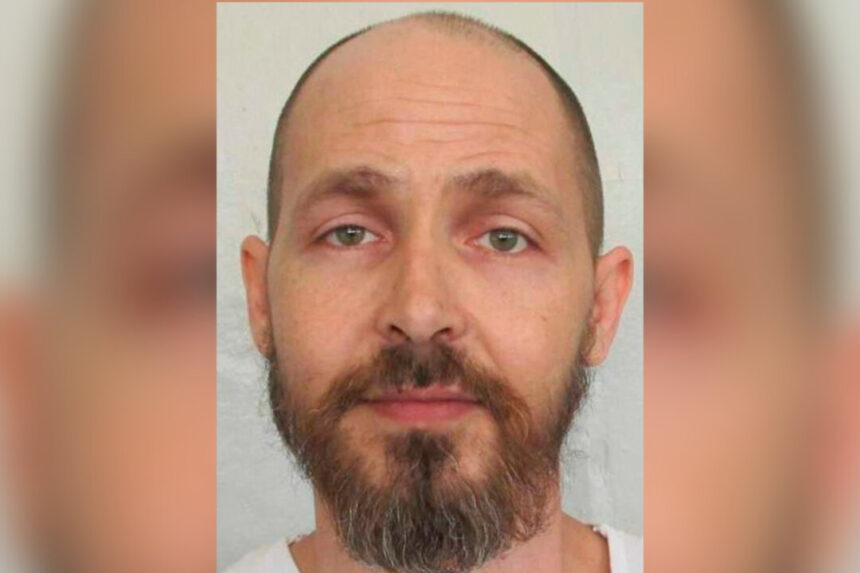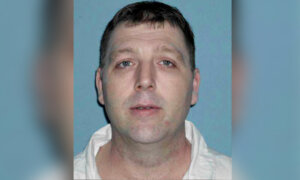MONTGOMERY, Ala.—A judge has denied a request to halt the third scheduled execution by nitrogen gas in Alabama later this month.
U.S. District Judge R. Austin Huffaker Jr. on Wednesday refused a preliminary injunction to stop the execution of Carey Dale Grayson on Nov. 21 using the nitrogen gas protocol. The judge stated that Grayson did not meet the legal burden of proving that the method is unconstitutionally cruel.
“His evidence and allegations amount to speculation, a speculative parade of highly unlikely events, and scientific controversy at best. They fall well short of showing that the nitrogen hypoxia protocol creates an unacceptable risk of pain, let alone superadded pain,” Huffaker wrote.
John Palombi, an attorney with the Federal Defenders Program representing Grayson, mentioned that they plan to appeal the decision.
The execution process involves placing a respirator gas mask over the inmate’s face to substitute breathable air with pure nitrogen gas, leading to death due to lack of oxygen. Critics argue that the state’s execution procedure does not provide the swift death claimed by the state.
In the nation’s first execution with nitrogen gas, Kenneth Smith was put to death in January, followed by Alan Miller last month. Witnesses observed the inmates shaking on the gurney for extended periods, followed by labored breaths with pauses in between.
Huffaker made the decision after a hearing where testimonies were given about the first nitrogen gas executions. Grayson’s attorneys presented news articles from media witnesses describing the movements of the executed individuals.
The judge acknowledged conflicting and inconsistent evidence regarding the Smith execution but noted that the nitrogen hypoxia protocol was successful, resulting in death in less than 10 minutes.
Grayson was involved in the 1994 killing of Vickie Deblieux in Jefferson County. He was 19 at the time, and while two other teens had their death sentences commuted due to their age, Grayson faces the death penalty.
Lethal injection remains the primary execution method in Alabama, but inmates can request nitrogen gas or the electric chair.
By Kim Chandler








